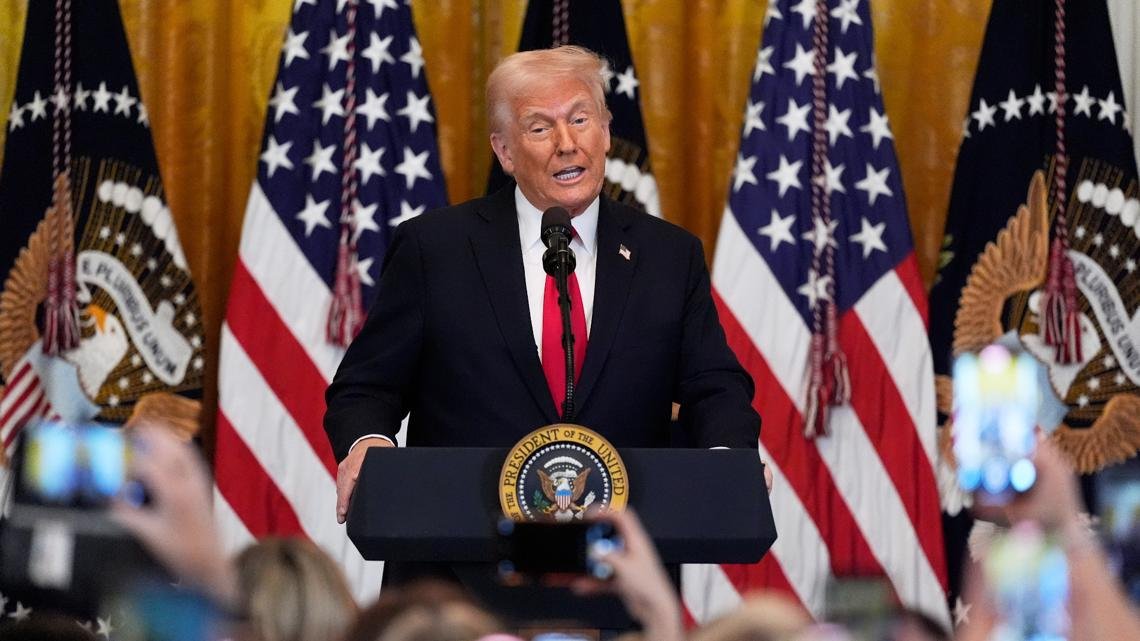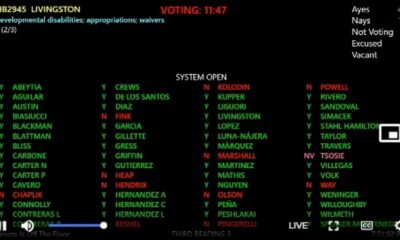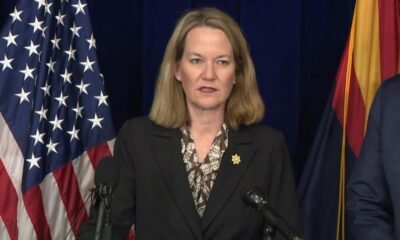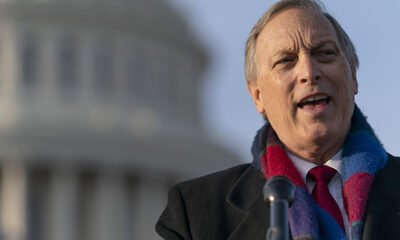Business
Trump Prepares Bold Announcement of ‘Reciprocal’ Tariffs That Could Transform the Economy

WASHINGTON — President Donald Trump is poised to announce a series of transformative tariffs on Wednesday, a move he has dubbed “Liberation Day.” This initiative aims to rectify what Trump characterizes as years of unfair trade practices affecting U.S. manufacturing.
While the White House projects optimism about the potential impact of these tariffs, many economists warn that the strategy could lead to economic turmoil and strain long-standing international alliances. “April 2, 2025, will go down as one of the most important days in modern American history,” stated White House press secretary Karoline Leavitt, highlighting the urgency of the situation.
Details regarding the proposed tariffs remain vague just hours before Trump’s speech, though the S&P 500 showed slight gains as investors awaited clarity on his agenda. Analysts anticipate tariffs on auto imports, particularly targeting China, Canada, and Mexico, alongside new levies on steel and aluminum.
The administration is also considering tariffs on various goods, including pharmaceuticals and copper, signaling broad implications for international trade. Peter Navarro, a White House trade advisor, projected that the new tariffs could generate $600 billion per year—the largest tax increase since World War II.
However, concerns persist regarding the financial burden on consumers. The Budget Lab at Yale University estimates that a universal 20% tariff could cost households an additional $3,400 to $4,200, raising prices across essential goods and potentially hindering economic growth.
Trump’s authority allows him to implement these tariffs without congressional approval, opening the administration to criticism as rising uncertainty and declining consumer sentiment emerge. Heather Boushey, a member of the Biden administration’s Council of Economic Advisers, condemned the approach, stating, “It’s a failed strategy,” reflecting on the lack of significant manufacturing growth during Trump’s previous term.
Senate Democratic leader Chuck Schumer argued that the tariffs serve as a mechanism for the administration to finance income tax cuts that disproportionately benefit the wealthy. Even some Republican lawmakers acknowledge potential disruptions to an otherwise stable economy, currently marked by a low unemployment rate of 4.1%.
Countries traditionally seen as allies are preparing countermeasures. Canada has already implemented tariffs in response to U.S. actions, and the European Union has introduced taxes on numerous U.S. goods, indicating a growing rift in transatlantic relations. European Commission President Ursula von der Leyen emphasized, “We do not necessarily want to retaliate, but we have a strong plan to do so if necessary.”
Italy’s Prime Minister Giorgia Meloni echoed concerns about a potential trade war, noting its detrimental effects on both the U.S. and EU economies. As global markets react to Trump’s expected announcement, uncertainty looms over international relations and economic stability.
This uncertainty significantly impacts businesses, as reflected in the comments of Ray Sparnaay, general manager of a Canadian manufacturing firm. He lamented the unpredictability of tariff implementations, saying it has hindered planning and slowed down business opportunities. “It’s basically slowed all of our quoting processes,” he explained.
The announcement comes amidst legal challenges facing three senior administration officials from The Associated Press, who claim the White House retaliates against media organizations for unfavorable editorial decisions.


















